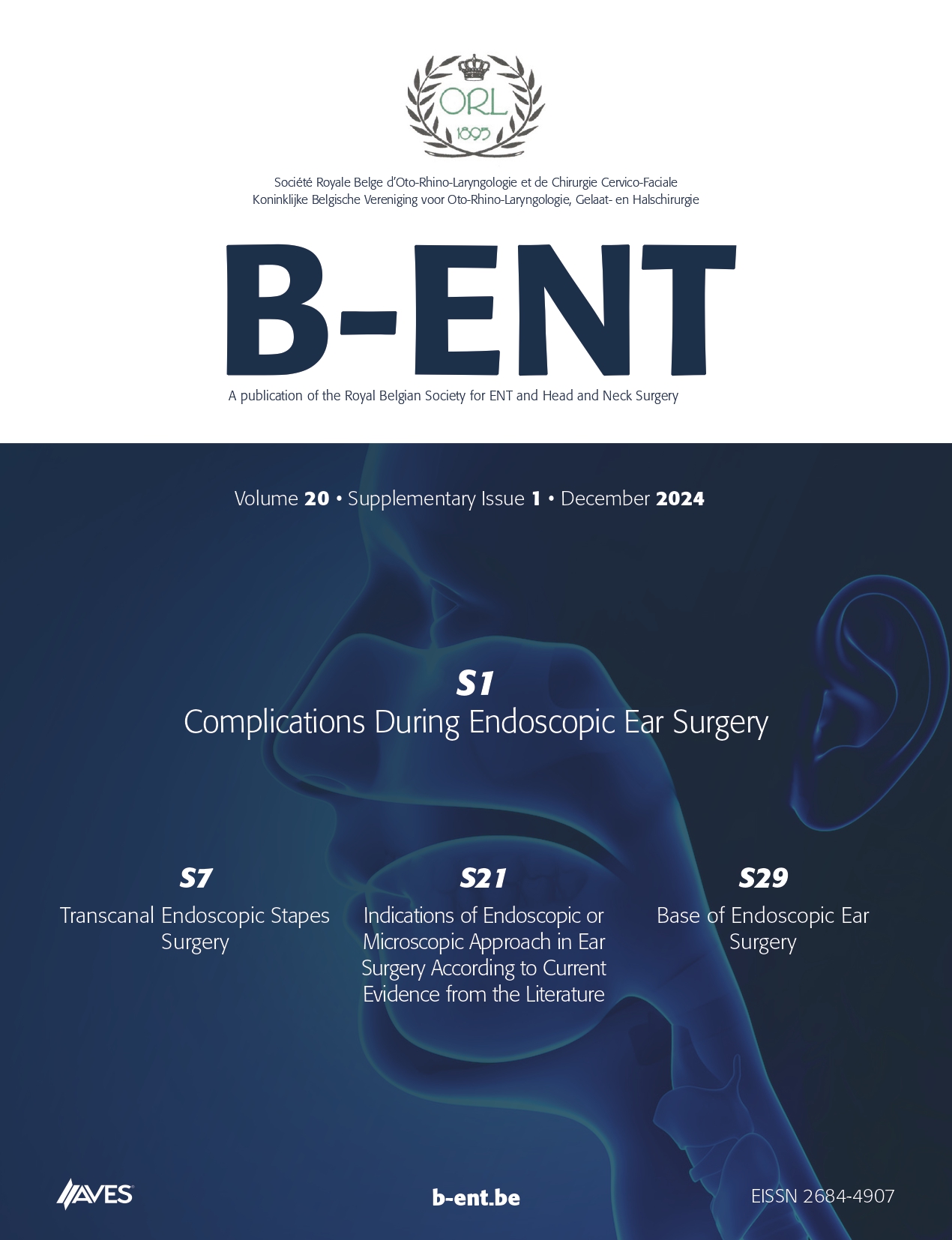Outcome of sleep endoscopy in obstructive sleep apnoea: the Antwerp experience. Objectives: Snoring and obstructive sleep apnoea (OSA) result from upper airway (UA) collapse during sleep. Sleep endoscopy is a dynamic evaluation of the UA that can be used to determine the site(s) of collapse during respiratory events. This study evaluates the feasibility and outcome of sleep endoscopy in patients with OSA, compares the findings with the literature, and reviews the therapeutic advice given to patients.
Methodology: A retrospective analysis was conducted of the data for 70 OSA patients in whom UA surgery was considered. Sleep endoscopy was performed after IV administration of midazolam and propofol. The UA was visualised and assessed for the location of UA flutter, narrowing or collapse. Feasibility and safety were evaluated retrospectively. Outcome data were described as type and pattern of flutter and/or collapse. Treatment advice given to the patients was reviewed.
Results: Sleep endoscopy showed monolevel palatal collapse in 31.9%, monolevel tongue/hypopharyngeal collapse in 27.8% and multilevel collapse in 31.9% of patients. In 5.6% of patients, no collapse was found. In all patients except 2, reliable assessment proved possible of the site(s) of obstruction. No side effects were reported.
Conclusion: Sleep endoscopy is feasible and safe in daily practice when sedation is performed by an anaesthesiologist and can be used to locate the site of collapse in the UA. Sleep endoscopy findings in our study sample, as well as in the literature, differ according to the content of the study sample and the method of sedation. Treatment advice may differ from sleep endoscopy findings since other factors such as age and patient preferences need to be considered.



.png)
